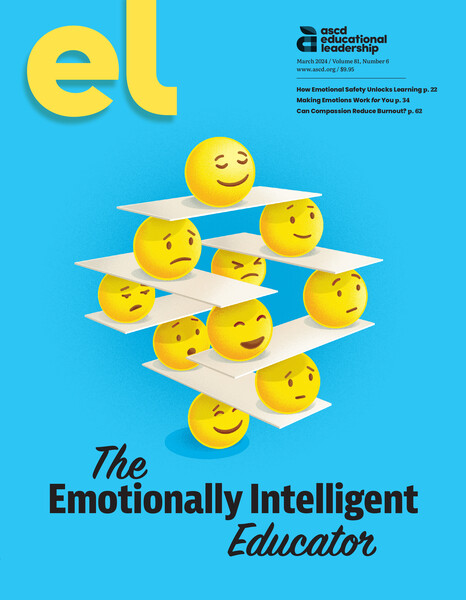Think back to the last time you worked in a group or assigned others to work together. What skills did you hope teammates would bring to the table? Probably each person's ability (or lack thereof) to respond to another person's emotions was something you instinctively factored in. If so, recent research from Harvard University could back up your hunch—turns out that high emotional intelligence matters just as much as IQ for group success.
To test how individual skills affect a team's outcomes, researchers Ben Weidmann and David J. Deming gave 250 people personality and intelligence tests before assigning them randomly to small groups to work on problem-solving tasks (participants had first completed similar tasks individually). The researchers gauged individuals' emotional intelligence before group work using Simon Baron-Cohen's Reading the Mind in the Eyes Test (RMET), which measures the ability to read people's facial expressions and recognize emotions. Weidmann and Deming found that the trait of individual team members that most helped a whole team succeed was strong social skills, especially the skill of "reading" others. Teams with members who scored high on the RMET outperformed researchers' expected predictions of their group's overall success (predictions based on each member's individual performance on similar problem-solving tasks).
The researchers noted that these group members with high emotional intelligence, or "team players" as they identified them, consistently helped others stay focused and motivated to "exert more individual effort," even when everyone was doing separate tasks. Team players' presence changed the way the team worked together to, as the researchers write, "produce more than the sum of its parts." Groups who had team players were also more likely to stick with a task longer. The researchers didn't find a connection between any participant's IQ and whether that person was a team player.
Simply put, emotional intelligence is a solid predictor of effective teamwork, signaling that those individuals most useful to a group are those who can understand and respond to their teammates' emotions and needs.







